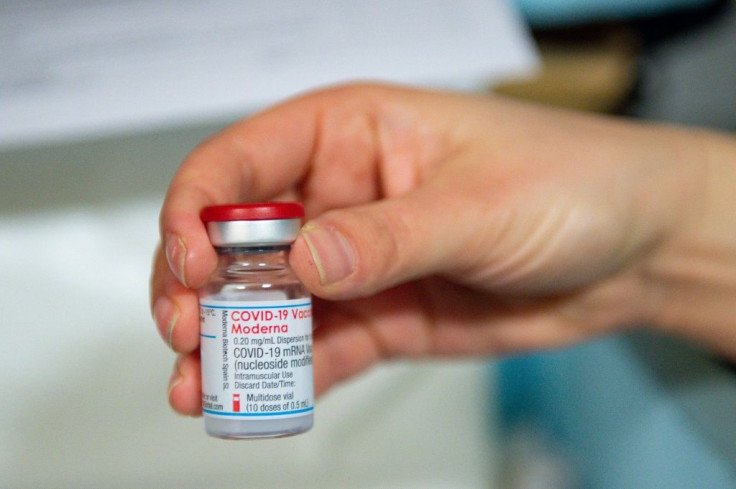Global Vaccination Effort Suffers Setback As Covax Cuts 2021 Forecast For Available Doses
KEY POINTS
- Covax cut its forecast from 1.9 billion to 1.425 billion doses available this year
- Among the issues Covax faced was manufacturers prioritizing deals with select countries
- Covax called for donations from nations with advanced vaccination programs
Covax, the UN-backed program focused on addressing COVID-19 vaccine inequality, has cut its forecast for doses available this year, in a significant blow to global vaccination efforts, especially in low-income countries.
In June, Covax said it is expecting to secure 1.9 billion doses for supply by the end of 2021, raising hopes for low-income countries to get adequate vaccine supplies. However, the program said Wednesday that it is now expecting access to only 1.425 billion doses this year. Covax noted in its latest forecast that “approximately 1.2 billion will be available for the lower income economies participating in the Covax Advance Market Commitment (AMC).”
Covax explained in its forecast that the program’s abilities to access coronavirus vaccines were being “hampered by export bans,” delays in regulatory approval for some vaccines, production issues faced by some key producers, as well as “the prioritization of bilateral deals by manufacturers and countries.” The program added that “much of the early global supply had already been bought by wealthy nations.”
Covax cuts vaccine delivery forecasts to developing world by 25% https://t.co/OdGZiVuTTA
— Valentina Pop (@valentinapop) September 9, 2021
The program also called on donors and manufacturers to prevent further delays in Covax’s access to vaccines. Covax urged countries “already well advanced in their vaccination programs” to expand and accelerate their donations.
In a video statement released Wednesday, World Health Organization (WHO) Director-General Tedros Adhanom Ghebreyesus said nearly 90 percent of high-income countries have reached the 10 percent target of vaccinating their populations, and more than 70 percent of these nations have reached the 40 percent target. However, Tedros noted that “not a single low-income country has reached either target.”
At a media briefing Wednesday, Tedros said he “will not stay silent when the companies and countries that control the global supply of vaccines think the world’s poor should be satisfied with leftovers.”
90% of high-income countries have reached the 10% #COVID19 vaccination target; 70%+ have reached the 40% target. Not 1 low-income country has reached either target. This is why I call for a booster moratorium extension until the end of 2021.https://t.co/DGXyAJvD5i #VaccinEquity pic.twitter.com/fU8jejdR0K
— Tedros Adhanom Ghebreyesus (@DrTedros) September 8, 2021
Among the countries under pressure to make more donations to developing countries is the United States. President Joe Biden is reportedly mulling a meeting focused on global vaccine supply at the United Nations General Assembly later this month, Bloomberg reported, citing people with knowledge of the matter.
So far, the U.S. has shipped 140 million doses of its 600 million doses pledged for the global population by the end of June 2022. The G7 nations have also pledged 613 million doses to be donated globally, with the U.S. shouldering 500 million of the pledged shots. The U.S. has fully vaccinated 53.3 percent of its total eligible population, data from the U.S. Centers for Disease Control and Prevention (CDC) revealed.
President Biden is expected to call for a global vaccine summit to boost vaccine supply to the developing world https://t.co/nZAwFhCQcI
— The Washington Post (@washingtonpost) September 9, 2021
A Statista chart presented the disparity in global vaccination rates. While the UAE has administered 183.56 doses per 100 people, Zambia could administer only 3.13 doses. Kyrgyzstan, Jamaica and Ukraine also fared poorly on the list. Uruguay's rate stood at 164.53 and Israel's 160.04.

© Copyright IBTimes 2024. All rights reserved.






















